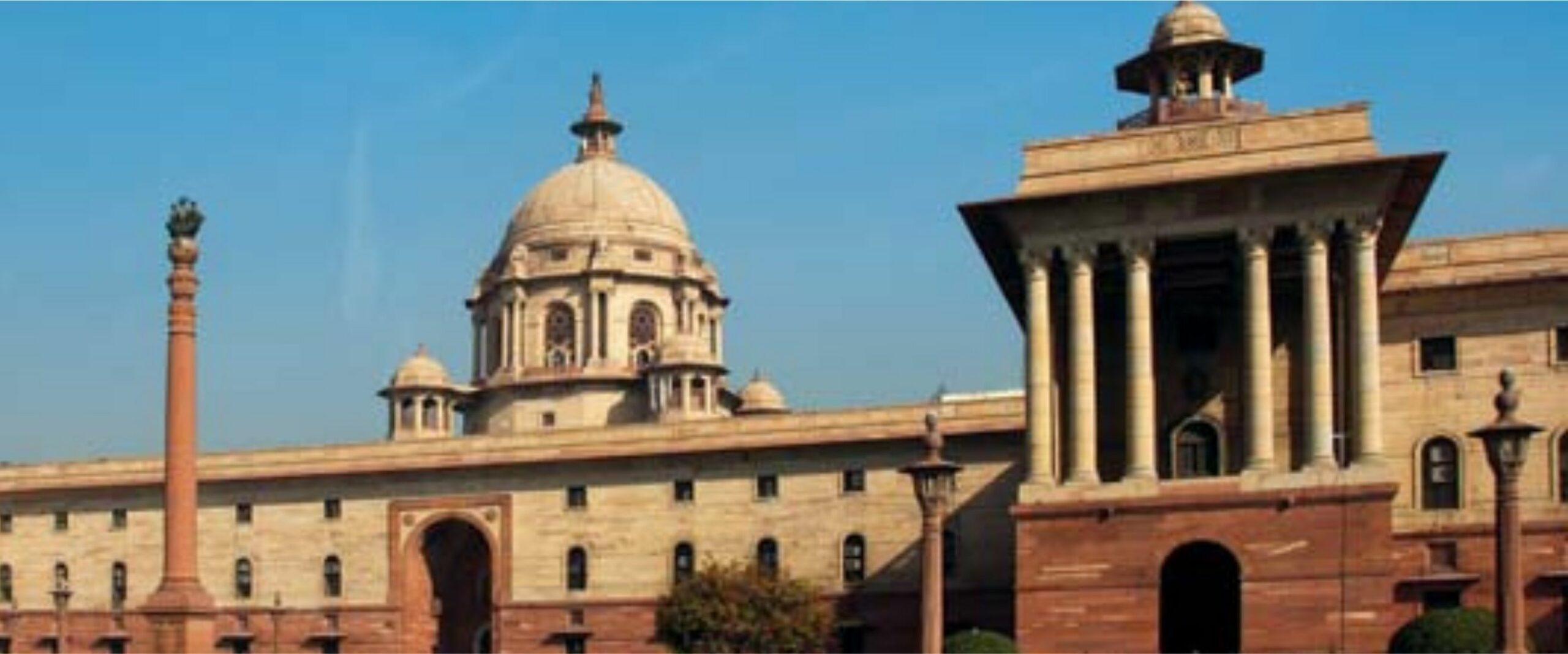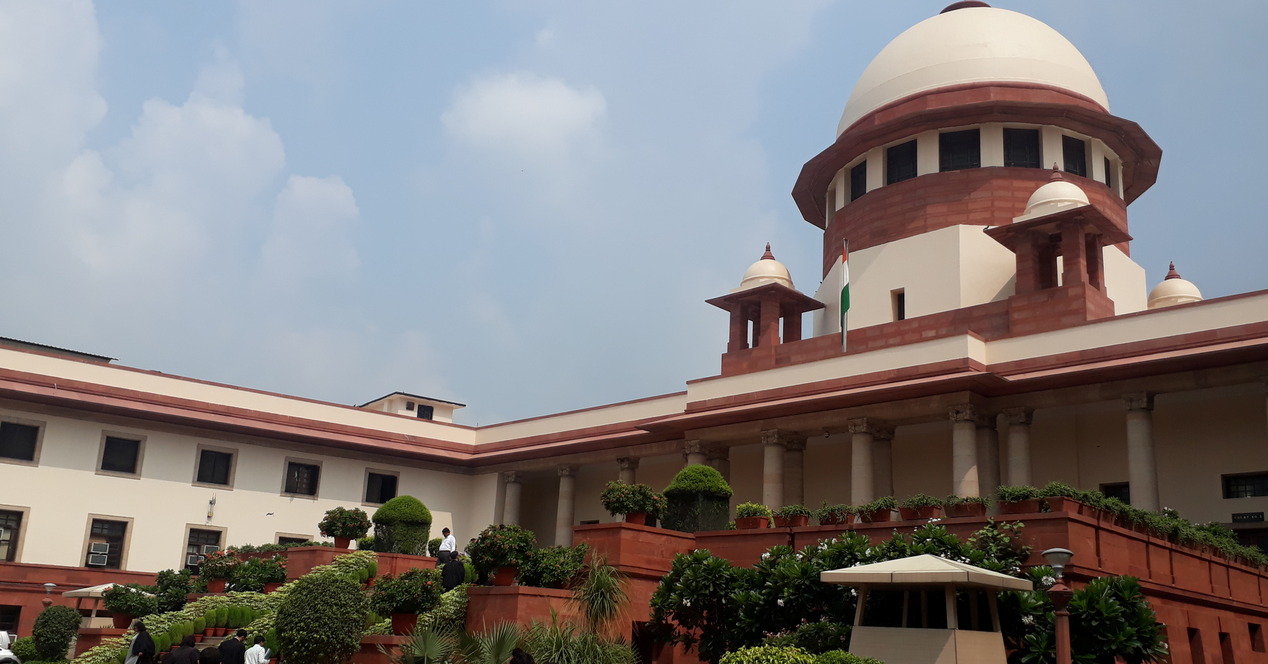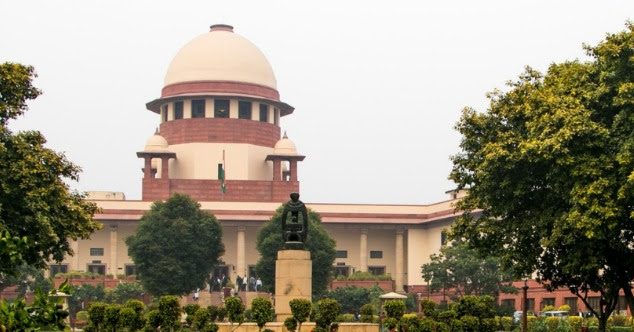Analysis
SC Judgment Review 2021: Judicial Deference
In Rajeev Suri v Union of India, the SC adopted a deferential approach vis-à-vis the Executive regarding policy matters.

In 2021, the Supreme Court issued 865 judgments. In a series of posts, we conduct a thematic review of the most important judgments of the year. Here, we discuss judicial deference to the Executive in policy matters.
Questions of judicial deference to the Executive raise important questions about the separation of powers between the three organs of the Government, the scope of judicial review, and the role of the Court in policy-making.
Early in 2021, the Supreme Court adopted a deferential approach vis-à-vis the Executive by curtailing the scope of its intervention in policy matters. From April onwards, there was a marked shift in its approach, with the Court treading proactively into the realm of policy to provide relief from the calamitous second wave of the COVID-19 pandemic.
In January this year, a three-judge Bench of the Court cleared the Central Vista Redevelopment Project. This politically significant Project involved redeveloping Delhi’s Central Vista area and constructing a new building for Parliament.
A group of individuals had challenged the Project in late 2019, claiming that the Union Government had rushed in obtaining regulatory clearances, circumvented scrutiny in monetary and environmental matters and failed to consult the public. They called for heightened judicial scrutiny of the permissibility of the Project. They argued that the challenge was premised not just on statutory provisions but on the principles of participatory democracy.
Authoring the majority judgment, Justice Khanwilkar said that the Court cannot step into the shoes of policymakers. The role of the Court is well defined, and it is the Government alone that may decide the merits of a policy. The Court cannot examine the validity of a policy decision, and can only intervene when there is a violation of constitutional principles. In this case, the Government had sought the necessary approvals and no constitutional principles had been violated.
In his dissent, Justice Khanna said that while policy-making lies within the Government’s ken, the Government in this situatiom had violated the legislative framework requiring public consultation.
The Court’s decision in this case came close on the heels of an August 2020 decision that dismissed a challenge to the Union Government’s response to the COVID-19 pandemic and the PM CARES Fund. The Court said that financial planning is the domain of the Government.
Crucially, from April 2021 onwards, the Court began to involve itself more closely with policy matters. What marked this shift was the second wave of the pandemic, with the Court exercising its suo moto powers more frequently to provide relief. The Court took suo moto cognisance of the quickly escalating health crisis, examining the Centre’s policies on drug pricing, vaccinations and availability of oxygen. On a few occasions, the Court ordered the Union to clarify its policies on these issues.
It remains to be seen in the coming year if the Court shall continue to play a more proactive role regarding policy matters or revert to deferring to the Executive in these matters.




